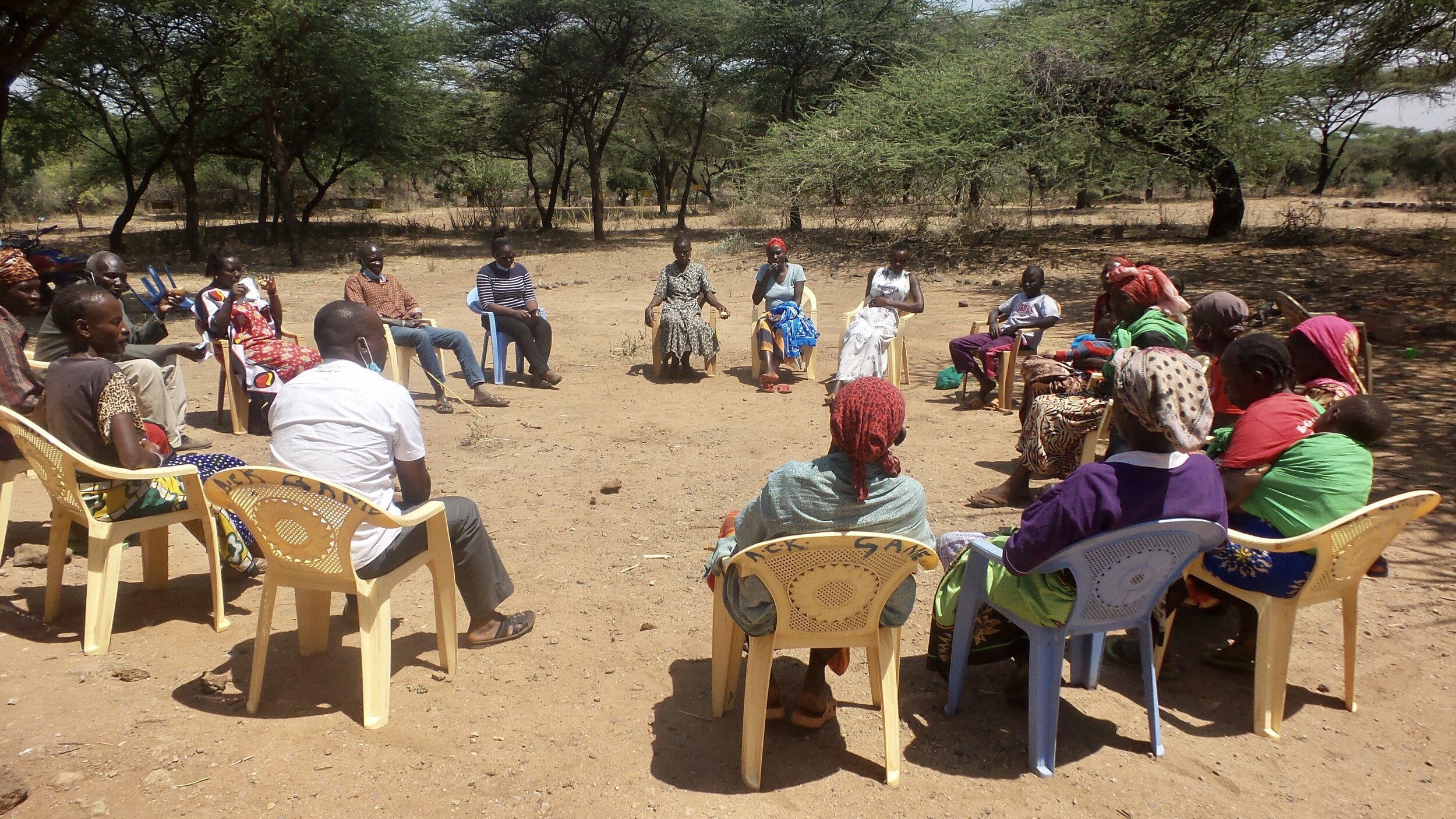What makes support groups so transformative
Our vision for Kiunga…
is to prevent the spread of HIV and improve the physical and emotional health of people living with HIV/AIDS through education, access to resources and meaningful connections with others.
We are already seeing this happen through the establishment and strengthening of psychosocial support groups for people living with HIV.
According to the World Health Organization, “psychosocial support addresses the ongoing psychological and social problems of HIV-infected individuals, their partners, families and caregivers.”
During support group meetings, members share their experiences, receive encouragement to disclose their status to loved ones, find ways to fight stigma and discrimination, gain a boost to self-esteem, and develop coping skills to confront the challenges they face. The connections formed in support groups lead to deep and lasting friendships, and create a network of support that extends far beyond the groups’ meeting times.
In addition, officers from the Government of Kenya are engaged to deliver messages to the groups on specialized areas of interest, covering everything from ARV management to mental health and agriculture yields. These officials often even join group leaders and Kiunga’s project officer for home visits, where they can conduct household nutrition and hygiene assessments and ensure that drugs are being properly stored. This level of personal engagement makes it easier for group members when it’s time to visit local health care facilities for care and treatment.
The relationships, tools and messages shared in support groups take root in the individual lives of people living with HIV and transform not only their health, but their sense of well-being and purpose.
The support group structure is so transformative, in fact, that the community health leaders who lead the weekly group meetings have decided to expand their monthly review meeting to a weekly meeting. By following the same format as the groups they lead, the leaders can continue to share successes, challenges and best practices, and also better support one another emotionally.
As Project Officer Mbae Leon puts it, “The support group is an effective way of providing psychosocial support that results in the long and dignified life of an individual.”



